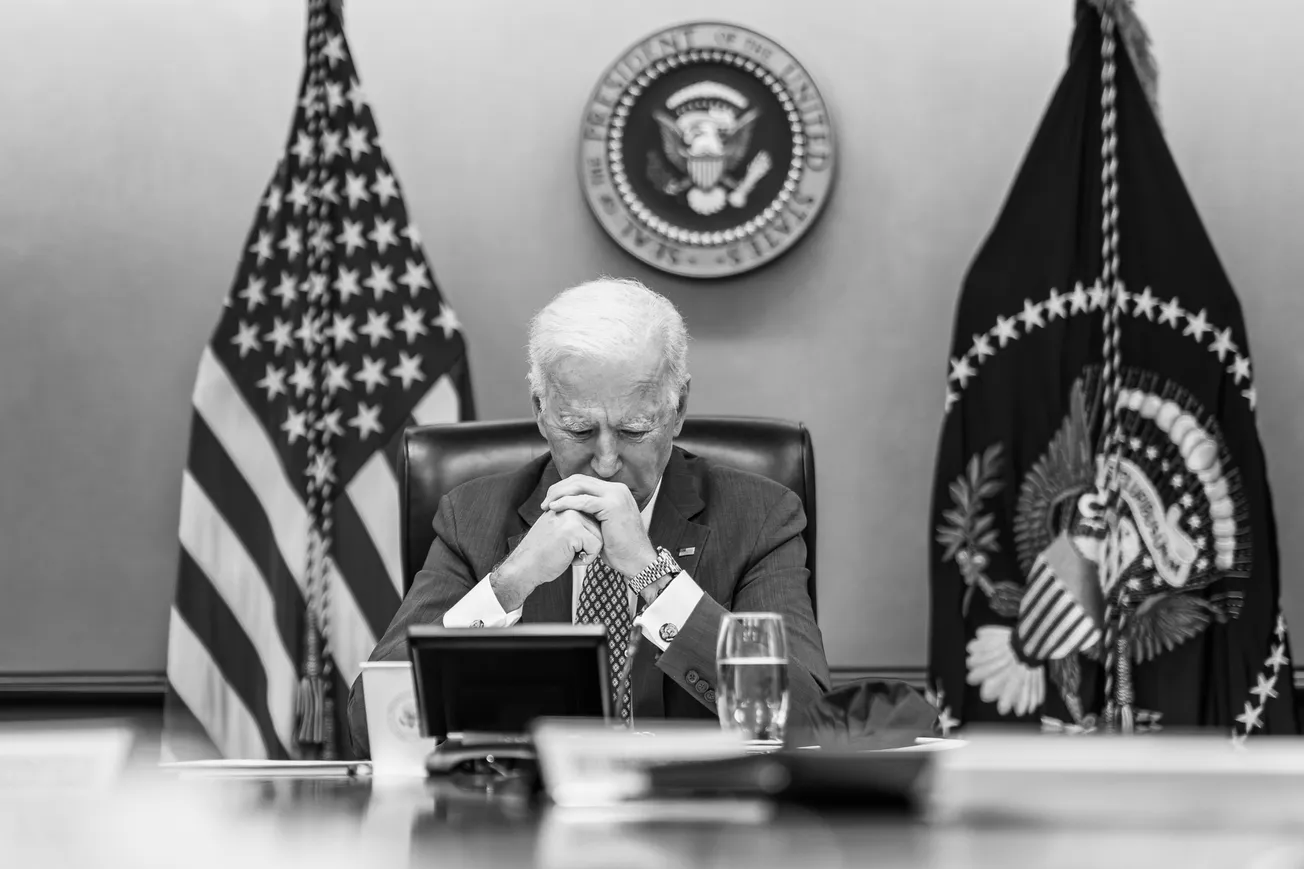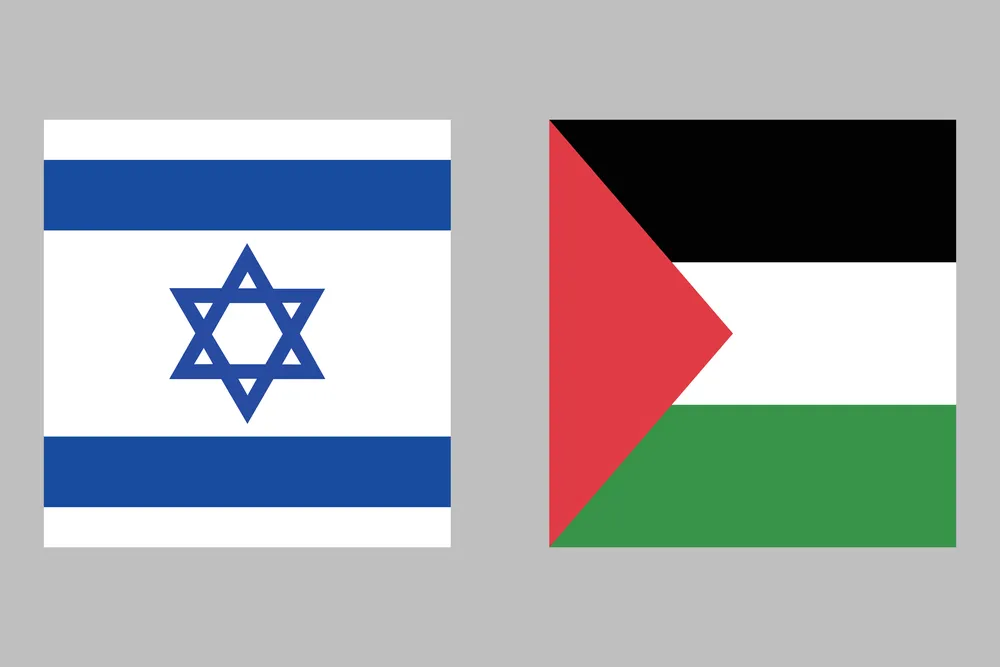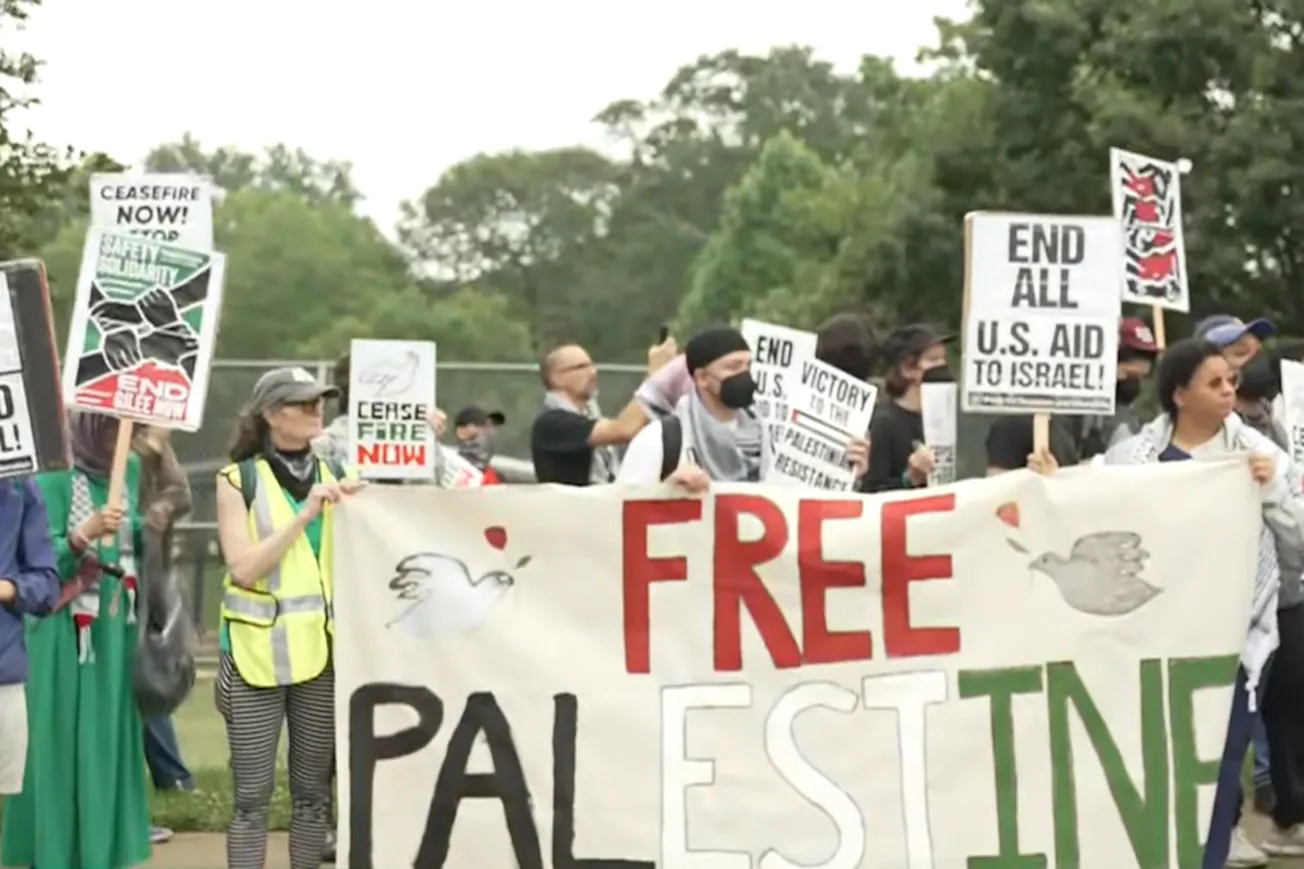On October 7, 2023 the U.S. designated Palestinian terror organization, Hamas, perpetrated the largest loss of Jewish life in a single day since the Holocaust: including mass rape, beheadings, torture, the murder of some 1400 innocents and the capture of over 240 hostages.
In the wake of those horrors, Israel has set out to not only rescue the hostages, but also to protect Israelis into the future by putting an end to Hamas as a functioning entity. Over the course of the fighting, Hamas’s use of human shields combined with Israel’s extraordinary care for civilians (a topic which I’ve previously addressed in greater depth right here in the TIPP newsletter), has produced a situation unparalleled in history: the Israeli military has found itself fighting to defend Palestinian civilians against Hamas.
International law requires that Israel not cause harm to civilian life or infrastructure that is “excessive” in relation to its military objectives (another topic I previously addressed in greater depth). Limiting harm to civilians is a significant challenge in the face of Hamas’s intentional use of civilians as human shields and its thorough integration of military operations into the civilian infrastructure. Israel is nonetheless making a herculean effort.
Among many other measures, Israel has established a humanitarian evacuation corridor through which civilians in Gaza can move out of the combat areas and into the relative safety of southern Gaza. According to both Israeli and Palestinian sources, Hamas has been firing on this corridor: directly targeting civilians, including with mortar shells and anti-tank missiles. In response, Israel has returned fire toward Hamas: in protection of Palestinian civilians.
The extraordinary implications of this unusual situation cannot be overstated: Israeli troops are quite literally fighting to protect Palestinian civilians against Hamas. That is at least rare, if not entirely unique, in human history: an army fighting on behalf of enemy civilians, who are under attack by their own armed forces. This calls into question the entire concept of “sides” given that Israel is now fighting on behalf of both Israelis and Palestinians, while Hamas is fighting against both.
Israel’s military defense of Palestinians raises another uncomfortable question that the international community seems reluctant to address: if there were to be a ceasefire or an extended “humanitarian pause” (which according to rumors seems to be imminent) who would protect Palestinian civilians? If during such a “pause” Hamas were to continue its military campaign against its own people, Palestinian civilians would be left wholly without the IDF’s protection.
When considering “humanitarian” measures it is critical to remember that Israelis are human too. Every moment that Israel delays its military campaign is another moment that Israeli hostages remain in captivity, it is precious time during which Hamas can attempt to regroup and rearm, and it even creates a period during which Palestinian civilians would be left without the protection of (paradoxically) the IDF. In short, the only party that benefits from a ceasefire, or even an “extended pause,” is Hamas itself.
Given that over 40 Israeli soldiers have fallen so far, it is not an exaggeration to say that Israelis are risking, and in some cases losing their lives to not only protect Israelis, but also to protect Palestinians. In the history of human civilization that is at least extraordinary, and possibly even unprecedented.
Daniel Pomerantz is a resident of Tel Aviv and the CEO of RealityCheck Research: a nonprofit organization dedicated to clarifying complex global issues. You can reach out to comment or donate, at www.realitycheckresearch.org.









